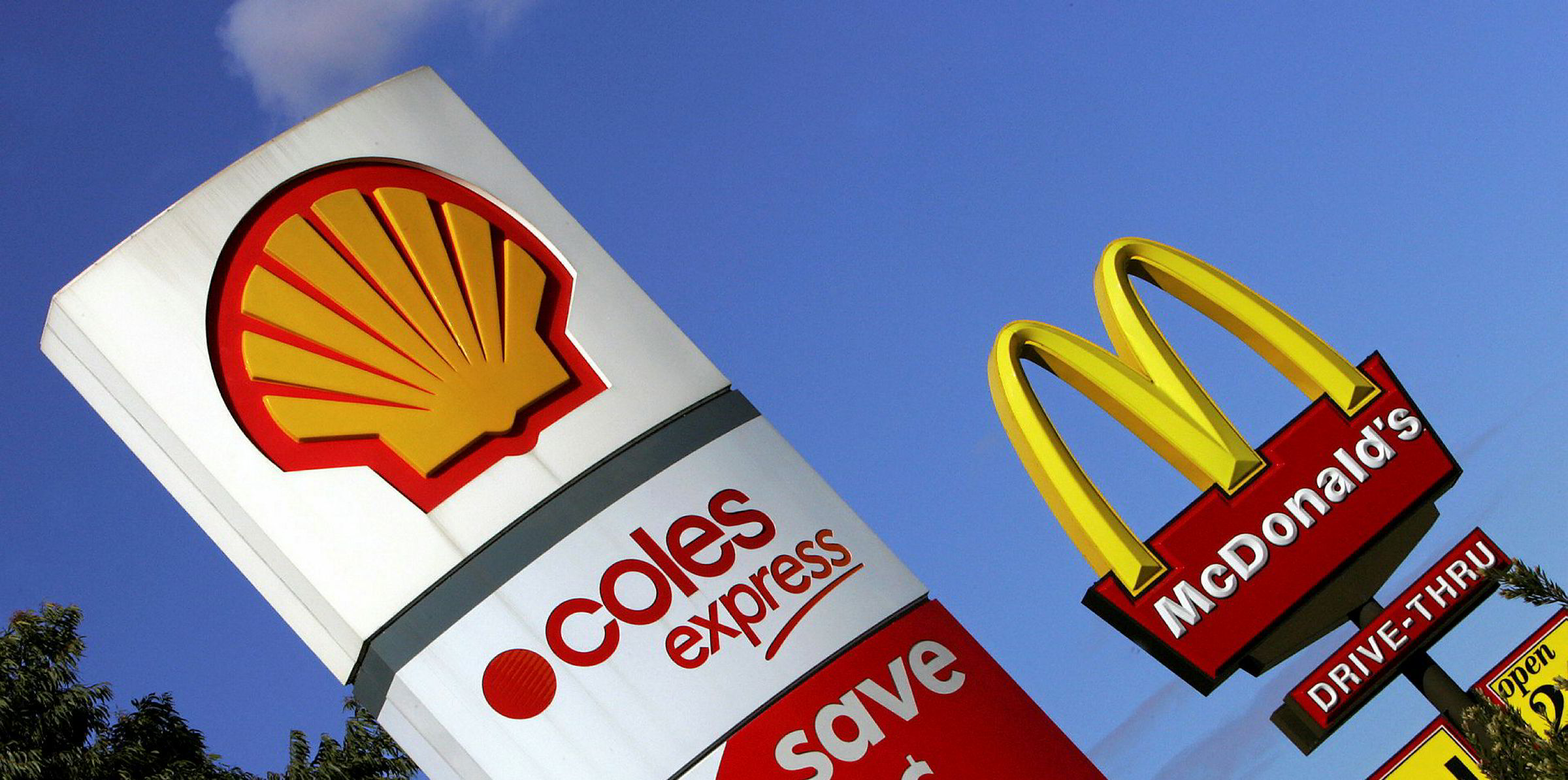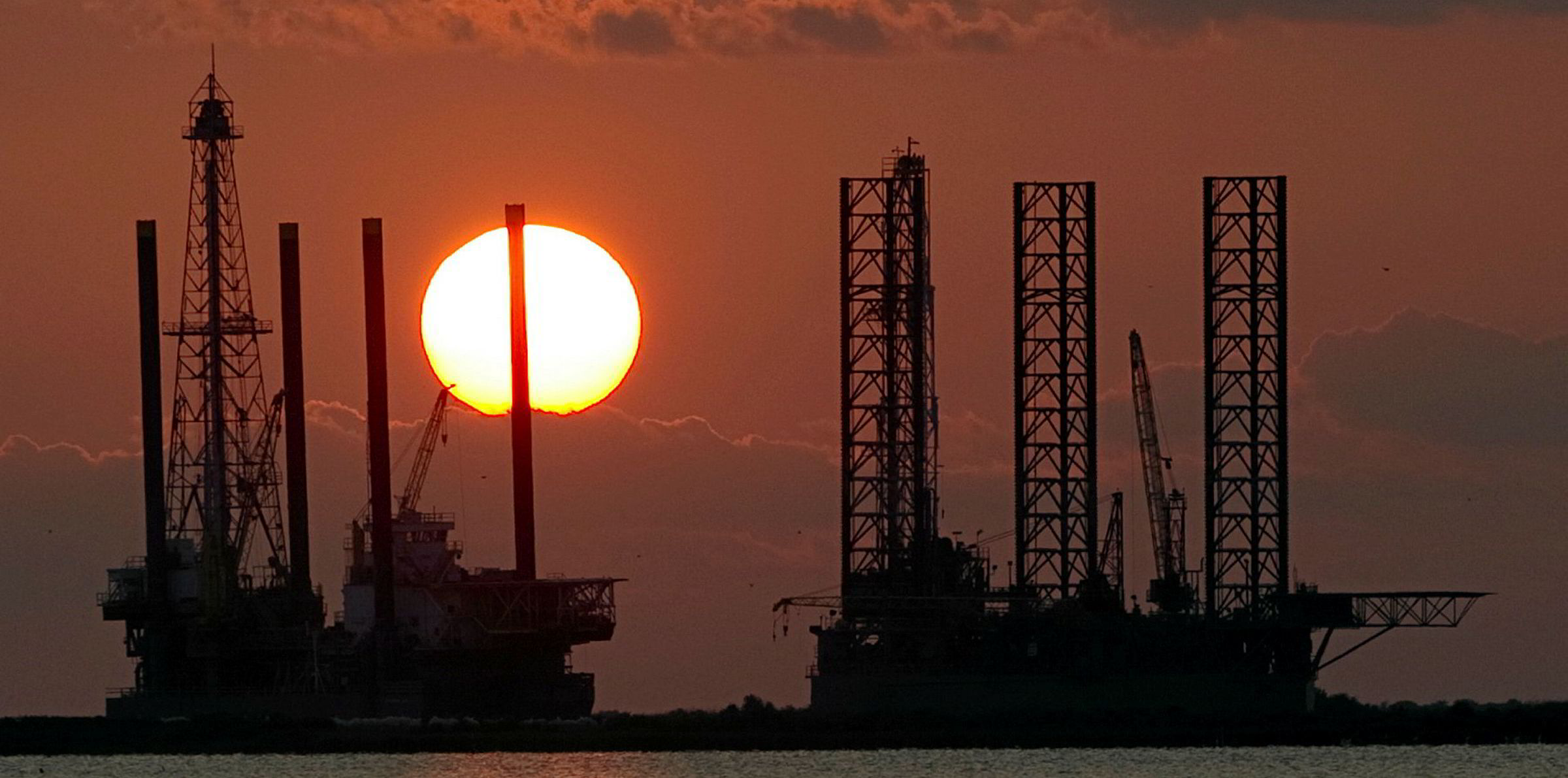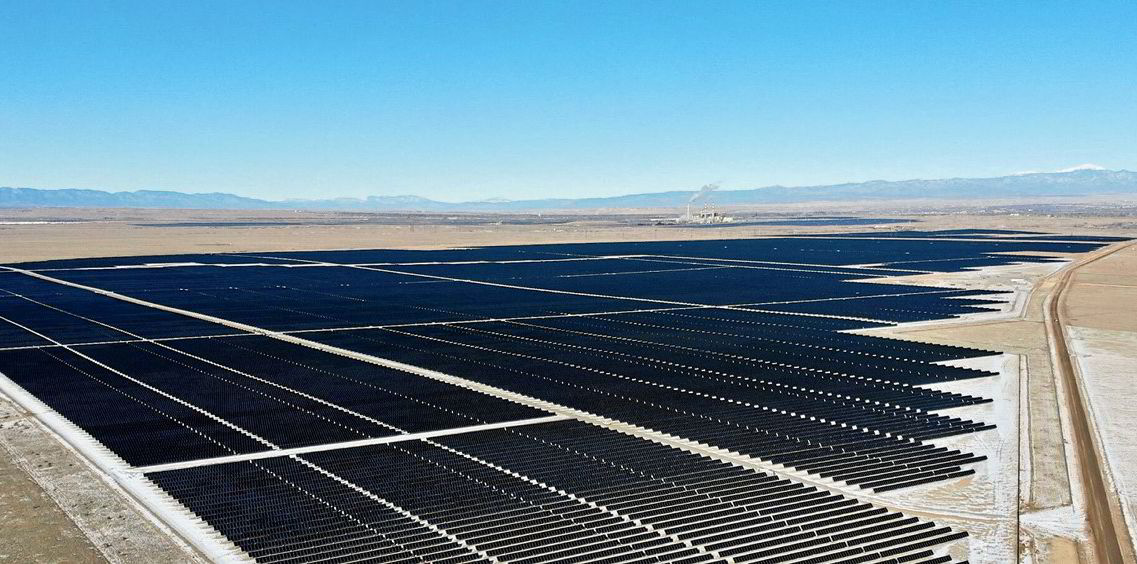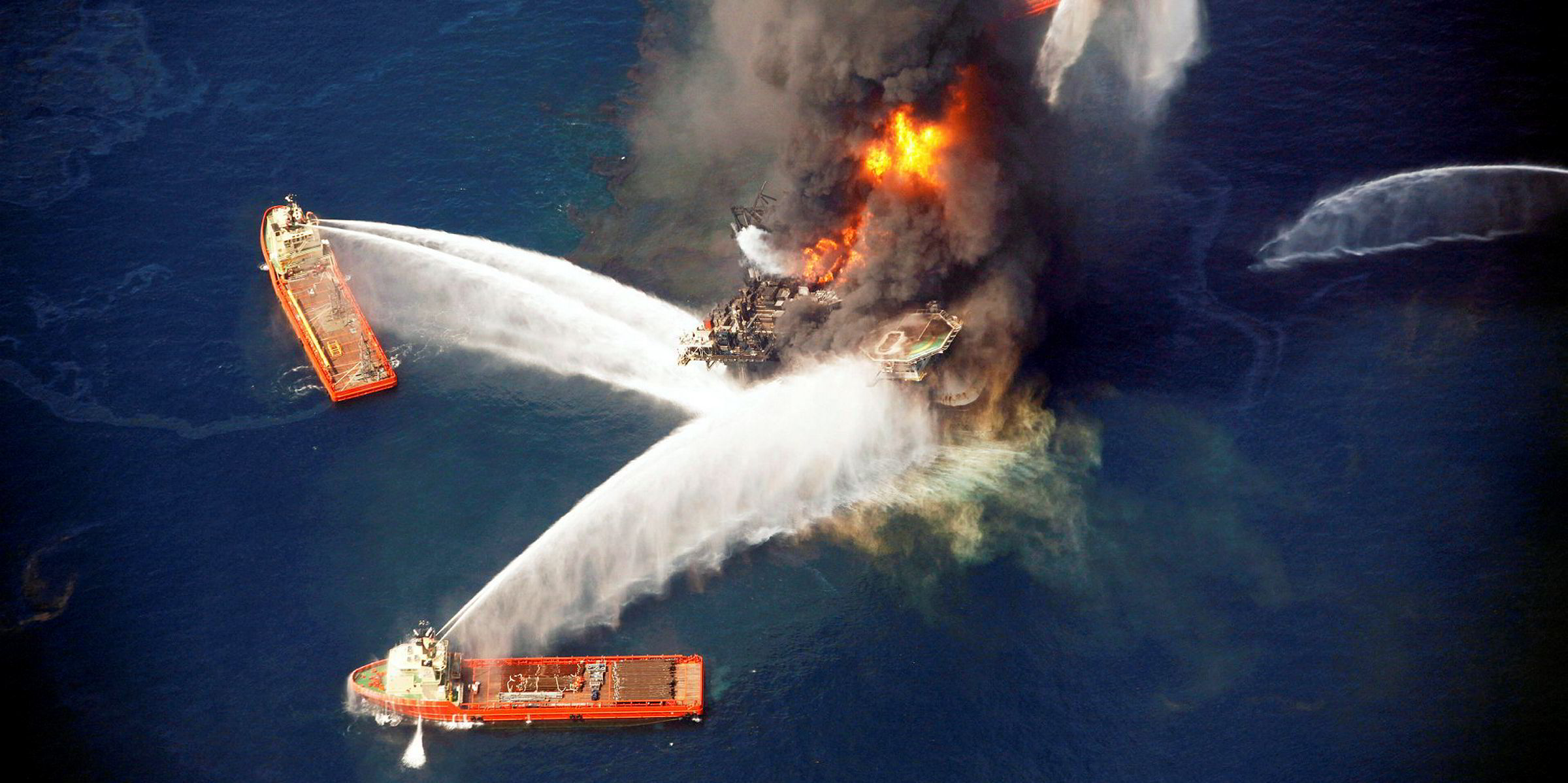Executives from some of the world’s biggest fossil-fuel and utility groups have traded verbal blows about each other’s abilities to lead the energy transition, with the renewables chief of oil major Shell declaring that her company had a stronger brand name than McDonald’s and Nike, and Enel pointing to its half a billion power users a day.
Get the market insight you need into the global oil & gas industry's energy transition – from the new newsletter from Upstream and Recharge. Sign up here
Petrogiants including Shell, BP and Eni, and utilities such as Enel, EDP and Engie, set out their sectors’ respective credentials as leaders of global decarbonisation — whether as developers of huge renewable energy projects or ‘downstream’ through consumer interaction — during various sessions at the BloombergNEF Summit that started on Monday.
The back-and-forth came as oil & gas majors set increasingly ambitious targets in renewable energy sectors such as wind that were pioneered by utility groups and, in the case of Shell, openly aim to become the world’s largest power business.
‘It’s not going to work’
Some of the bluntest talking came when discussing how well-placed the fossil and utility sectors are to take transformational clean technologies deep into society through interaction with consumers.
Francesco Venturini, CEO of Enel X, the innovation and services arm of the global renewable power giant, said the oil majors seemed intent on simply replicating their existing model as they grappled with the challenges of electrification in their core markets, and faced difficulties about how they “position with customers” due to a lack of relationship with consumers.
They’re just putting charging at the gas stations. It's not going to work.
“They’re just putting charging stations at the gas stations, which doesn’t seem to be where the future is going. It’s not going to work,” said Venturini, who told the summit Enel X was helping to offer “cheap, easy to use and easy to install” low-carbon solutions that can reach 500 million electricity users a day.
Elisabeth Brinton, who earlier this year took over as head of Shell New Energies, the supermajor’s renewables unit, had a markedly different take on its ability to reach consumers, citing Shell’s number-23 status in global brand value rankings – “materially higher” than the likes of household names McDonald’s, Coca-Cola and Nike.
“If you look for utilities on that brand list they are just not there,” said Brinton, claiming the oil group’s 30 million daily customers at its service stations have built a “relationship of choice” with Shell — often based on coffee as much as fuel — rather than a “regulatory” one that's historically been imposed in the case of their power suppliers.
Brinton claimed that brand advantage was already paying off at Shell Energy, the UK utility it bought and rebadged in 2019 as part of an ongoing acquisition spree in the power sector. “We’re seeing that loyalty transfer,” said Brinton.
The Shell executive was equally forthright over the oil & gas sector’s profile ‘upstream’ in large-scale renewable power generation in sectors such as wind, arguing it has the global reach and track record to apply the big thinking that’s needed.
Utilities have been doing renewables for a long time, but if you look at history those were smaller projects.
“Utilities have been doing renewables for a long time, that’s true,” said Brinton.
“But if you look at history those were smaller projects. Back in the day I think projects were maybe 10MW or 30MW.
“If you think about the super-scale that’s needed for our planet… we need massive projects of scale,” said Brinton, adding that Shell had shown it could execute large developments even amid Covid by achieving first power at its Borssele 3&4 offshore wind farm off the Netherlands.
BP’s EVP for innovation and engineering, David Eyton, said the UK supermajor — which recently made a dramatic entry into offshore wind in the US, adding to its interests in the global renewables solar space via Lightsource BP — has the “major project expertise that matters when you get into multi-billion dollar projects”.
Eyton also cited the ability of multi-energy groups to create “blended” power supply offerings more in line with customers’ needs.
Projects take time
But Miguel Stilwell de Andrade, interim CEO of Portugal-based global utility EDP, said the power sector’s long track record in renewables development couldn’t be ignored. “These projects take time to be developed. We’re bringing online projects now we’ve been developing for four, five, six years.
“I think that’s a competitive advantage we’ve had, we’ve been building this pipeline up for a long time.”
Engie’s EVP for strategy and innovation Shankar Krishnamoorthy stressed the expertise of utility groups in power trading as another area where oil giants could struggle in comparison with more experienced incumbents.
By contrast, at a recent Recharge digital roundtable on floating wind, senior executives from Spanish power giant Iberdrola and Shell had said their industries were set to work together to make large-scale floating and offshore wind a reality.




